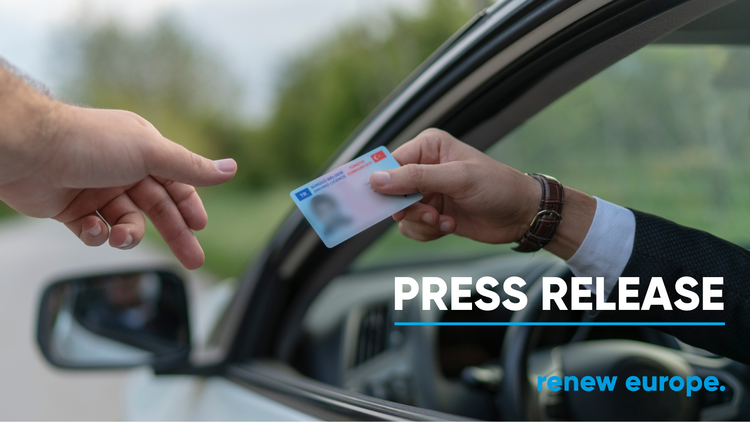
Cross-border traffic has taken on such proportions in Europe, from road transport to tourism, that it appeared necessary to European legislators to ensure that driving licenses are issued according to common standards and criteria in terms of road safety. This is the whole purpose of the directive relating to a European driving license, the parliamentary report of which was approved today in the Committee on Transport and Tourism (TRAN), and for the development of which Renew Europe played an active role in finding a balance between security requirements and how these specifications can be applied with flexibility in the Member States.
The harmonisation of the driving license has been a long legislative journey which began in the 2000s, with the definition of a secure document and a common period of validity, leading to a more general framework of the conditions of attribution. This new directive aims firstly to reassure young drivers with a system for accompanied driving from the age of 17 in order to facilitate learning to drive, accompanied by a probation period of two years after obtaining the license, which will only be issued definitively if during this period no offense due to speeding, alcohol or drugs has been noted.
Dominique RIQUET (Parti Radical, France), Renew Europe shadow rapporteur for this legislation within TRAN, said: “We first focused on making life easier for citizens, in particular by digitizing driving licenses. Renew Europe successfully advocated for the issuance and renewal of driving licenses to be conditional on a medical examination to ensure that drivers are physically and mentally fit to drive. We are also pleased to have obtained the lowering of the age for obtaining professional licenses for categories C and D (buses, coaches and trucks) in order to remedy the shortage of drivers observed throughout Europe. On the other hand, we had to oppose the Greens' proposal to create a specific driving license for young drivers and for SUVs, as well as other insane proposals such as limiting night driving”.
If the Council has already adopted its position, a plenary vote must still take place in early 2024 so that the European Parliament can finalize its position and then begin interinstitutional negotiations.